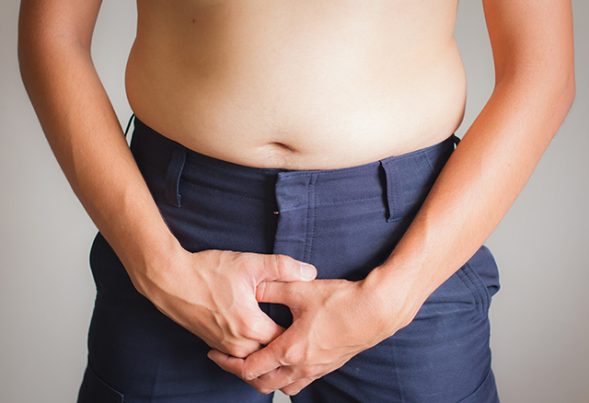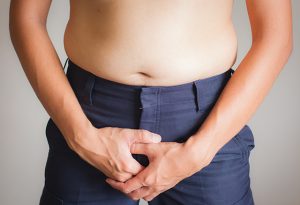
Interstitial cystitis – causes, side effects and treatments at NaturalPedia.com
Monday, May 07, 2018 by Michelle Simmons
http://www.naturalpedia.com/interstitial-cystitis-causes-side-effects-and-treatments-at-naturalpedia-com.html

Interstitial cystitis, also known as bladder pain syndrome, is a condition that causes discomfort or pain in the bladder and a need to urinate frequently and urgently. The cause of this condition is unknown. Interstitial cystitis is most common in women, although it can also occur in men and children. In the U.S., approximately 700,000 to one million people currently suffer from the disease.

Known symptoms of interstitial cystitis
The main signs and symptoms of interstitial cystitis include intense pelvic pain, sudden, strong urges to pee, needing to pee more often than normal, and waking up several times during the night to pee. The pain may worsen when the bladder is full and may be temporarily relieved after urinating. The pain may also worsen during periods or after having certain foods or drinks. These will often come and go in phases, and can last for days, weeks, or months.
This condition can also lead to other complications, such as reduced bladder capacity due to stiffening of the bladder wall; lower quality of life due to frequent urination and pain; barriers to relationships and sexual intimacy; issues with self-esteem and social embarrassment; sleep disturbances; and anxiety and depression.
Other complications that have been linked to interstitial cystitis include vulvodynia, fibromyalgia, chronic fatigue, systemic lupus erythematosus, panic attacks, and pelvic floor dysfunction.
Body systems harmed by interstitial cystitis
The main body system harmed by interstitial cystitis is the urinary system, as it affects the bladder and the urination of the patient.
List of foods or nutrients that prevent interstitial cystitis
There is no information on what foods prevent interstitial cystitis. However, there are some foods that should be avoided as they can trigger the onset of this illness. These food items include coffee, tea, soda, alcohol, citrus juices, cranberry juice, foods and beverages that contain artificial sweeteners, hot peppers, and spicy foods.
Treatments, management plans for interstitial cystitis
Treatment plans for interstitial cystitis include dietary changes, stress reduction and pelvic muscle exercises, bladder training, drugs, and sometimes surgery if other treatments do not work. People with this condition should avoid spicy foods, foods that are rich in potassium, tobacco, and alcohol.
Where to learn more
- Eliminate bladder infections without antibiotics
- Stop an overactive bladder with these 7 herbs and supplements
- Learn to prevent bladder infections with simple dietary and lifestyle changes (preview)
- Green tea prevents bladder inflammation
- Meditation Treats Bladder Control, Incontinence without Drugs
Summary
Interstitial cystitis is a condition that causes discomfort or pain in the bladder and a need to urinate frequently and urgently.
Interstitial cystitis causes pelvic pain, sudden, strong urges to pee, needing to pee more often than normal, and waking up several times during the night to pee.
Interstitial cystitis can also lead to other complications, including vulvodynia, fibromyalgia, chronic fatigue, systemic lupus erythematosus, panic attacks, and pelvic floor dysfunction.
Interstitial cystitis can be treated with dietary changes, stress reduction and pelvic muscle exercises, bladder training, drugs, and sometimes surgery if other treatments do not work.
Sources include:
Tagged Under: Tags: Interstitial cystitis





